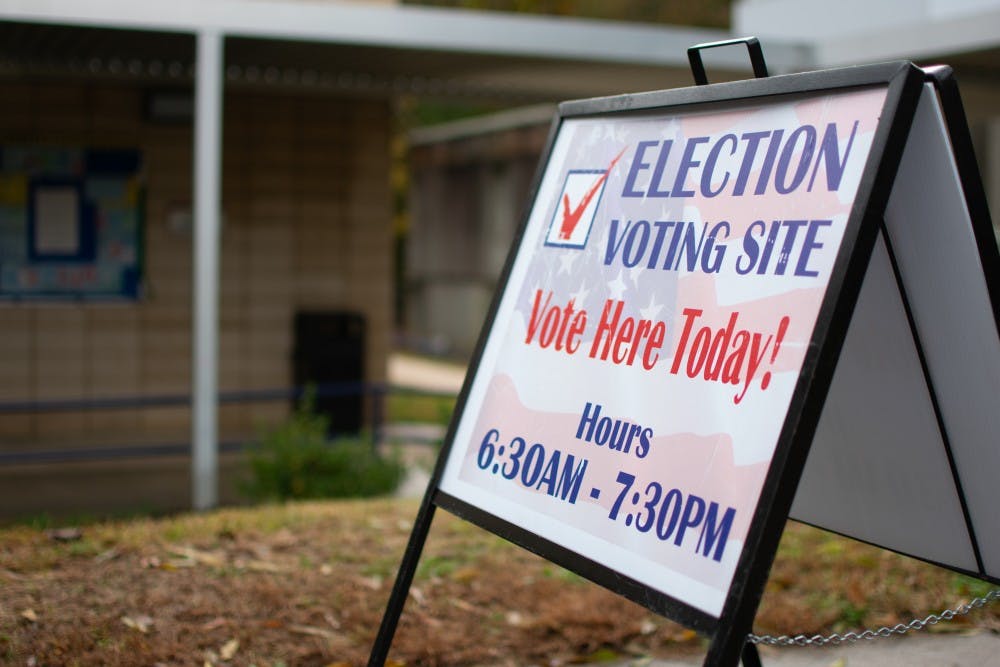A North Carolina superior court judge struck down two of the constitutional amendments voted into effect by voters in the 2018 election, citing gerrymandering as a main reason.
Four of the six amendments on the ballot passed with a majority of votes from North Carolina residents. The two voided by G. Bryan Collins, Jr., a N.C. superior court judge in Wake County, focus on voter ID policy and the maximum income tax rate.
Two groups, the N.C. NAACP and environmental advocacy group Clean Air Carolina, filed a lawsuit against State House Speaker Tim Moore and State Senate President Pro Tempore Phil Berger in their official capacities. Moore and Berger declined to comment for The Daily Tar Heel.
"This commonsense measure to secure the integrity of our elections system is supported by the vast majority of North Carolinians who know protecting our democracy should be one of lawmakers' highest priorities," Moore said in a statement sponsoring the amendment's initial bill in June 2018.
Collins cited in his decision the U.S. Supreme Court case Covington v. North Carolina, where the court found that a large portion of North Carolina citizens lack a constitutionally adequate voice in the state’s legislature. Because of this, he wrote, the General Assembly lost its claim to popular sovereignty.
“Thus, the unconstitutional racial gerrymander tainted the three-fifths majorities required by the state constitution before an amendment can be submitted to the people for a vote, breaking the requisite chain of popular sovereignty between North Carolina citizens and their representatives,” he wrote.
Interim Chancellor Kevin Guskiewicz has a March 15 deadline to certify under the penalty of perjury that student IDs comply with Senate Bill 824’s university-issued identification requirement. The UNC Young Democrats released a statement in support of UNC One Cards qualifying.
“There are lessons to be learned from our university’s recent history. Our state and university must take steps to ensure that One Cards count as valid voter ID,” the statement said. “Student voices matter and so do student votes. We ask Chancellor Guskiewicz and state officials to listen and act.”
UNC-system General Counsel Tom Shanahan released a statement on this provision in the Voter ID law, saying that the UNC System Office is continuing to work closely with the 17 institutions to help eligible students register to vote.



